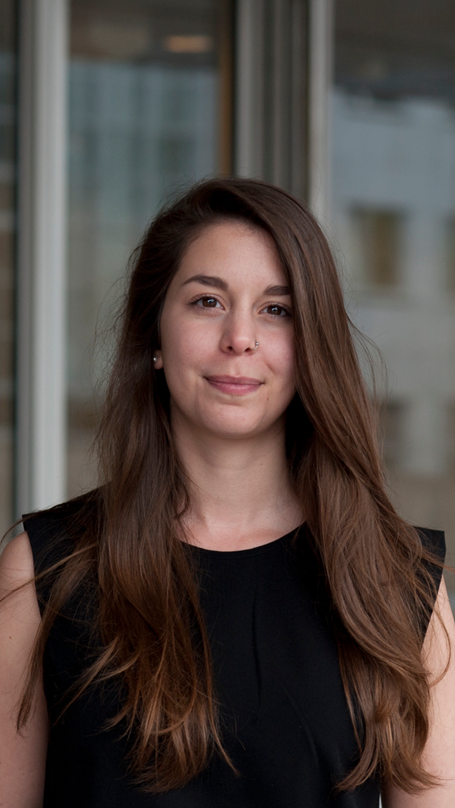Violetta Weger
Project title: Designing a private and secure quantum future
Host Institution: Technical University of Munich (TUM)
Host Supervisor: Prof. Antonia Wachter-Zeh
Co-host Institution: Eindhoven University of Technology (TU/e)
Co-host Supervisor: Prof. Alberto Ravagnani
Summary project: The steady advances of quantum technology are threatening the security of our digital communications and the privacy of our data, as a capable quantum computer is able to break all currently used public-key cryptosystems (such as RSA).
My research thus focuses on cryptographic solutions for the quantum-era. The transition to post-quantum cryptography is urgent, due to far-horizon projects (such as computing centers or passport chips) and possible store-now-decrypt-later attacks.
In response to this threat, the National Institute of Standards and Technology (NIST) launched a standardization call for post-quantum cryptosystems in 2016.
One of the most promising candidates for post-quantum cryptography relies its security on hard problems from algebraic coding theory. This research area, called code-based cryptography, is one of the oldest quantum-secure directions and was initiated in the 1970’s by McEliece.
Algebraically structured codes have the nice property that they can efficiently correct errors: given a word, that is not part of the code, but close to a codeword, a decoding algorithm finds this closest codeword.
Codes are thus indispensable for reliable communication. However, by hiding this structure, we ask an attacker to decode a random code, which is an NP-hard problem.
While the standardization call is in the fourth and final round, we are far from ready for the quantum era. In fact, NIST has reopened an additional call in 2023 for digital signature schemes.
Together with my team at the Technical University of Munich, we sent two code-based signature schemes to this call. This project hence does not only mark an important contribution to research in cryptography, but also to real life.
The two submitted proposals are based on new problems in algebraic coding theory, namely the decoding problem in the Lee metric and decoding restricted errors. Notably, both of these research directions were introduced by us.
In fact, the idea of using different metrics and ambient spaces has opened a fascinating and fruitful new door for code-based cryptography, and on the other hand has showed a great necessity of studying algebraic codes in the new settings.
For example, Lee-metric codes: although this is one of the oldest metrics in coding theory, many questions regarding the behavior of random codes have only emerged through the cryptographic applications. We showed, in particular, that random codes attain the Lee-metric Gilbert-Varshamov bound with high probability and that maximum Lee-distance codes are sparse.
Such properties have a great impact for cryptography, since if the disguised code does not behave randomly, distinguisher attacks can be mounted.
The main goal of this project is to provide security and privacy in the quantum era. This encompasses constructing new post-quantum systems, assessing the security of such systems and to give a good theoretical foundation on new settings.

Email: Violetta.weger@tum.de






